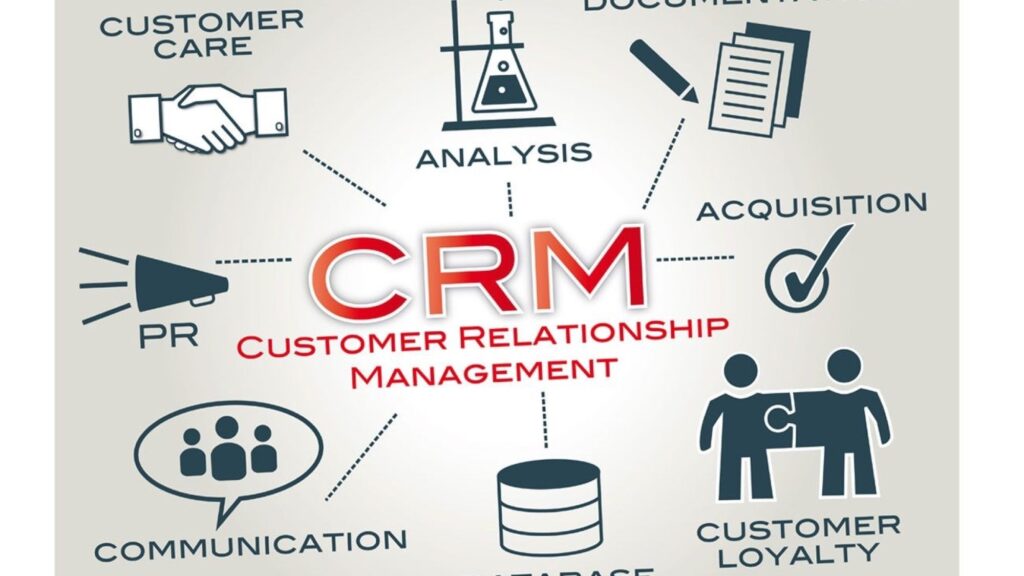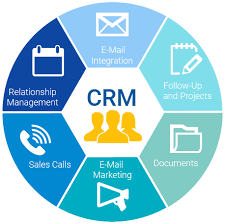
Customer management software (CMS) is an essential tool for businesses of all sizes in the IT sector. It helps companies to manage customer relationships, track interactions, and analyze data to improve customer satisfaction and loyalty. With so many different types of customer management software available, it can be challenging to know which one is right for your organization. In this blog post, we’ll explore the various types of CMS and their pros and cons.
Types of CMS
- Contact Management Software
Contact management software is designed to help businesses organize their customer data. It typically includes features such as customer contact information, account history, and communication logs. Pros of contact management software include increased organization, easier access to customer data, and improved communication with customers. However, it may lack advanced functionality that other CMS types offer, such as marketing automation and sales forecasting.
- Sales Force Automation Software
Sales force automation software is designed to streamline the sales process by automating tasks such as lead generation, sales forecasting, and customer follow-up. Pros of sales force automation software include increased efficiency, reduced workload for sales teams, and improved customer engagement. However, it may be more expensive than other CMS types and require significant time and resources to implement.
- Marketing Automation Software
Marketing automation software is designed to automate marketing tasks such as email campaigns, social media management, and lead scoring. Pros of marketing automation software include increased lead generation, better lead nurturing, and improved customer segmentation. However, it may be more complex to set up and manage than other CMS types, requiring additional training for staff.
- Customer Service Software
Customer service software is designed to help businesses provide better customer support. It typically includes features such as ticket management, knowledge base management, and live chat. Pros of customer service software include improved response times, increased customer satisfaction, and more efficient use of staff resources. However, it may be limited in its ability to provide insights into customer behavior and trends
Use cases of CMS

- Streamlining Sales Processes
One of the most significant use cases for customer management software in the IT sector is streamlining sales processes. Sales force automation software is designed to automate tasks such as lead generation, sales forecasting, and customer follow-up. This can help businesses improve efficiency, reduce workload for sales teams, and increase customer engagement.
- Enhancing Customer Support
Customer service software is designed to help businesses provide better customer support. It typically includes features such as ticket management, knowledge base management, and live chat. With customer service software, businesses can improve response times, increase customer satisfaction, and make more efficient use of staff resources.
- Managing Customer Data
Contact management software is designed to help businesses organize their customer data. It typically includes features such as customer contact information, account history, and communication logs. With contact management software, businesses can have easier access to customer data, increased organization, and improved communication with customers.
- Improving Marketing Strategies
Marketing automation software is designed to automate marketing tasks such as email campaigns, social media management, and lead scoring. With marketing automation software, businesses can increase lead generation, better lead nurturing, and improved customer segmentation. This can help businesses to improve their marketing strategies and increase their customer base.
- Analyzing Customer Data
Analyzing customer data is another critical use case for customer management software in the IT sector. With the help of advanced analytics tools, businesses can analyze customer behavior and trends to make informed business decisions. This can include analyzing customer demographics, purchase behavior, and social media interactions.
Conclusion
In conclusion, customer management software is a valuable tool for businesses in the IT sector. It can help organizations streamline sales processes, enhance customer support, manage customer data, improve marketing strategies, and analyze customer data. Choosing the right CMS for your organization will depend on your specific needs and goals. Implementing a CMS can help businesses to improve customer satisfaction, increase revenue, and streamline their operations, making it a valuable investment for any organization in the IT sector.
